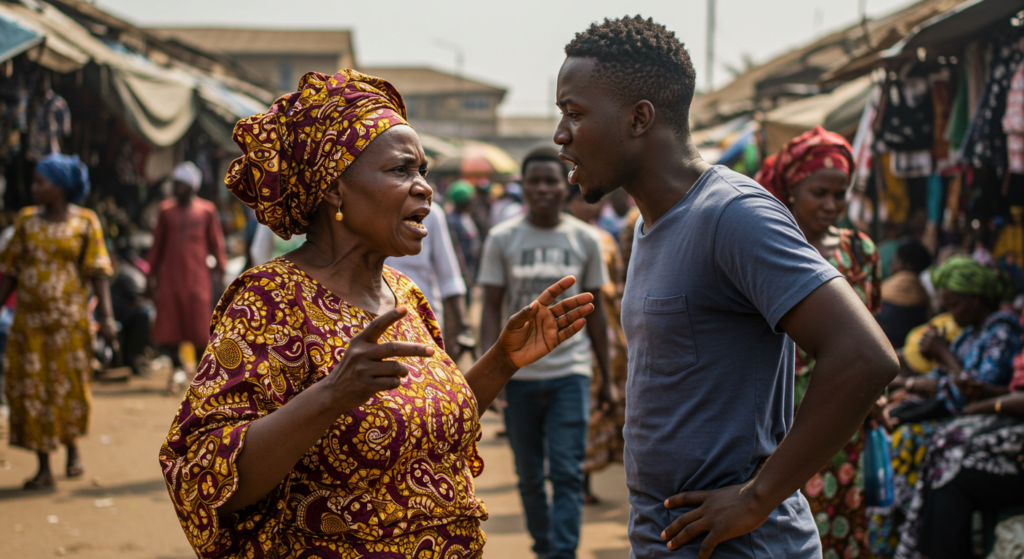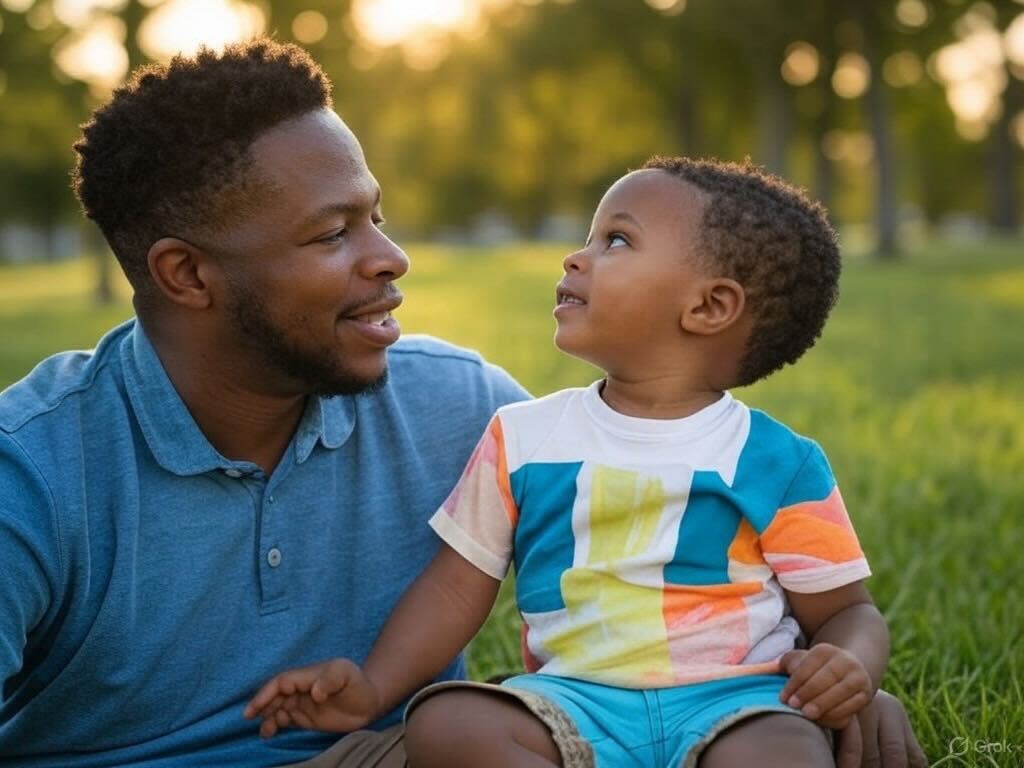
*Deji, 34, grew up in a home filled with love, but also limitations. Raised by a single mother in a large family house, he was always surrounded by cousins, uncles, aunties, and grandparents. “You can imagine the love and community that raised me,” he says. “But it also had its ups and downs, especially when it came to self-worth and personal expression.”
One of the strictest rules in his home? He wasn’t allowed to play outside. If friends wanted to play, they had to come to his house and leave before 7 p.m. “I didn’t get into trouble often, so I wasn’t spanked much,” Deji recalls. “But my mum had a different way of disciplining me, she’d report me to someone else instead of handling it herself.”
However, the most painful form of discipline wasn’t punishment; it was public shaming. “She would tell people my business,” he says. “And hearing my personal issues from others? That was worse than any spanking.”
Despite this, Deji appreciates his mother’s sacrifices, especially her commitment to his education. “She fought to make sure I went to school, even when it wasn’t easy,” he says. “I wrote JAMB a couple of times, and she was there for me through it all.”
But as much as he respects his mother, he refuses to pass down some things from his upbringing. “I’d never break my child’s trust by sharing their personal struggles with others,” he says. “Even if I need advice, I’d rephrase the situation instead of repeating it exactly as my child told me. If they hear it back, that trust is gone.”
Another thing he’s choosing to leave behind? The lack of emotional conversations. “I never had deep talks with my mum — about relationships, emotions, or even sex,” Deji says. “If I asked for something she couldn’t afford, she’d say, ‘Pray about it,’ and I knew that meant no.”
Raising his kids differently

Now a father of one, Deji is rewriting the parenting handbook. While some lessons from his childhood still guide him, he’s intentional about doing things differently, especially when it comes to communication, discipline, and emotional intelligence.
“Communication comes first”
For Deji, parenting is about open communication. “Children have emotions, thoughts, and feelings, and I want to see them fully,” he says. “That way, I know what to correct and what to encourage. Once a child starts faking emotions, you’ve lost them.”
Unlike his childhood, where conversations were mostly about obedience, Deji prioritises conversation over control. “Now, if my child says ‘stand up,’ I actually stand up and leave his space,” he laughs. “Me? Say that to my parents? Impossible!”
“No shouting, no spanking”
One of the biggest differences between how Deji was raised and how he’s raising his children is discipline.
“Nobody is being spanked, nobody is being shouted at, and nobody is being forced to eat,” he says. “Growing up, shouting was normal. You ate whatever was cooked, there was no ‘I don’t want to eat.’”
His approach to discipline is clear boundaries without fear. “I’m very stern with my ‘No,’ and sometimes my child faces the wall when words aren’t enough,” he explains. “But I don’t use fear as a tool for discipline.”
QUIZ: You’re Lowkey Turning Into Your Nigerian Parent if You Get 12/17 on This Quiz
“Celebrating milestones like my mum did”
While Deji has left behind certain aspects of his upbringing, there’s one thing he’s carried forward: showing up for his kids.
“My mum always celebrated birthdays like milestones,” he says. “She attended every Open Day, every event. You could never forget her presence. That’s exactly how I want my kids to remember me, always there.”
“Emotional intelligence over everything”
Beyond academics or achievements, Deji wants his children to grow up emotionally intelligent. “It’s not easy to feel what someone else is feeling, and sometimes, it’s a burden,” he admits. “But it’s better than being harsh on people.”
If his parents were to observe his parenting style, he knows exactly how they’d react. “There would be a lot of complaining, correcting, and explaining,” he shares. “My mum would definitely say, ‘Make sure they eat more.’”
At the end of the day, for Deji, parenting isn’t about control. It’s about guidance, trust, and emotional awareness. “I just want my kids to know they can always come to me,” he says. “Not because I said so, but because they truly feel safe enough to.”
READ THIS NEXT: My Mum Beat Me, But I Refuse to Do the Same to My Kids




